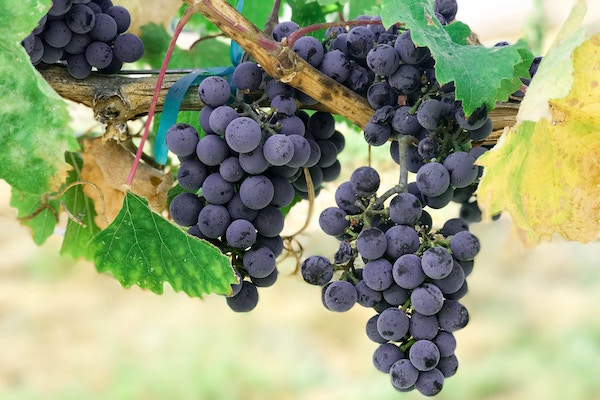
Why aren’t all wines vegan?
When it comes to wines, it is natural to assume that since wines are a product of grapes, every wine must be vegan and up to after the point of fermentation, this is correct. It is the final step, the clarification of the wines, where the veganism concept gets blurry. You see, the by-products of fermentation include some unwanted tannins, dead yeast, tartrates and harsh phenolics, which if left in the wine, causes it to become turbid and cloudy. In order to finish the wine and leave it aesthetically pleasant, producers use fining agents, some of which are not vegan. Fining involves adding these agents to the wine, which then attract the unwanted microbes, tartrates and tannins. They all stick together, allowing for them to then be easily filtered out. Agents once commonly used include isinglass (bladder from fish), casein (from milk), egg albumen, chitin (from crustacean shells) and gelatin (from cow and pig bones and skins). Filtration claims to remove all the added fining agents, but the truth is that there may be a miniscule amount of these agents still present in the finished wine. It is this detail which stops a wine being able to call itself vegan. The reason these strange animal products are used, dates back to medieval times, when animal products were the easier and more accessible options in Europe for wine clarification. Nowadays however, many wine producers use a clay-based substance called bentonite to fine their wines. You can also see kaolin clay, plant-based casein, potato matter, silica gel and plant originated charcoal used now to fine wines, though some more traditional houses still use the animal-derived substances mentioned above.